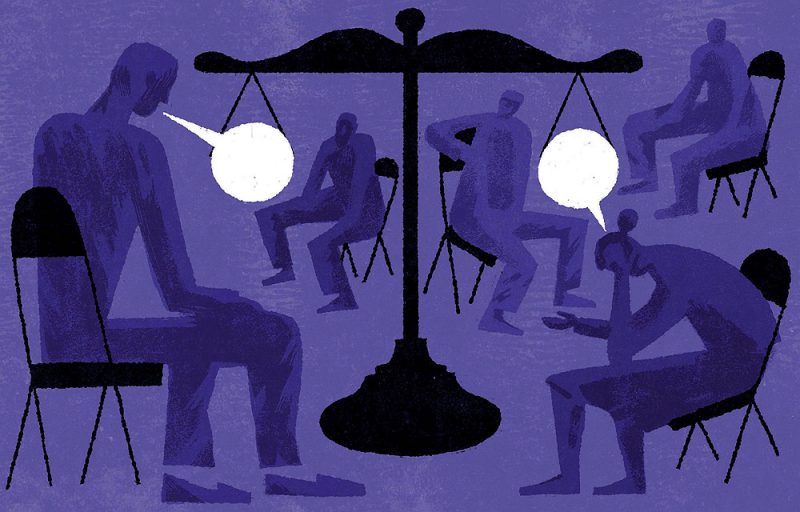

According to Article 61 paragraphs 2, 3 & 4 of the key transparency law (ν. 4622/2019 – ΦΕΚ Α’ 133/07.08.2019), “consultation on bills is done through the website www.opengov.gr and lasts two weeks,” and only exceptionally can be shortened to one week “for sufficiently substantiated reasons, referred to in the public consultation report accompanying the arrangement” which “is posted on the website where the consultation took place.”
On November 25, 2020, the Ministry of Education and Religion published a bill on the public consultation website entitled, “Provisions for the transposition into Greek law of Directive (EU) 2018/958 of the European Parliament and of the Council of 28 June 2018 on a proportionality test before adoption of new regulation of professions.” The consultation lasted until December 3, meaning that the government shortened the consultation period almost to the minimum legally permissible duration of one week.
In a state that adheres to the rule of law, the government strictly follows the rules of good legislation, as this presupposes the improvement of legislative work and addresses the negative consequences of bad legislative practices (such as, for example, the multiplicity and incomprehensibility of provisions that have built up over time in Greek legislation).
Furthermore, the implementation of the rules of good legislation contributes to the consolidation of citizens’ trust in state institutions and the law, as they observe that the government complies with the law, strengthening the democratic principle where citizens and bodies of public power are equal before the law.
This is even more true of the public consultation process, the establishment of which allows civil society to take an active part in shaping the laws that govern a democratic society.
However, in this case, the Ministry of Education and Religion did not apply the rules regarding the length of the consultation process, limiting the ability of citizens to express their views on the proposed legislation without providing, as required by law, sufficiently substantiated reasons for doing so.
Bank Account number: 1100 0232 0016 560
IBAN: GR56 0140 1100 1100 0232 0016 560
BIC: CRBAGRAA
![]()
In a time where the very foundations of democracy are gradually being eroded by the rise of extreme nationalism, alt-right movements, the spread of disinformation and corporate capture, the efforts of organisations such as Vouliwatch are more relevant than ever.
We rely on the generosity of each and every one of you to continue with our efforts for more transparency and accounta
By financially supporting Vouliwatch you support our litigation strategy, our campaigns for transparency and accountability in the political system, the development of new civic tech tools, our research projects and last but not least our impartial and accurate